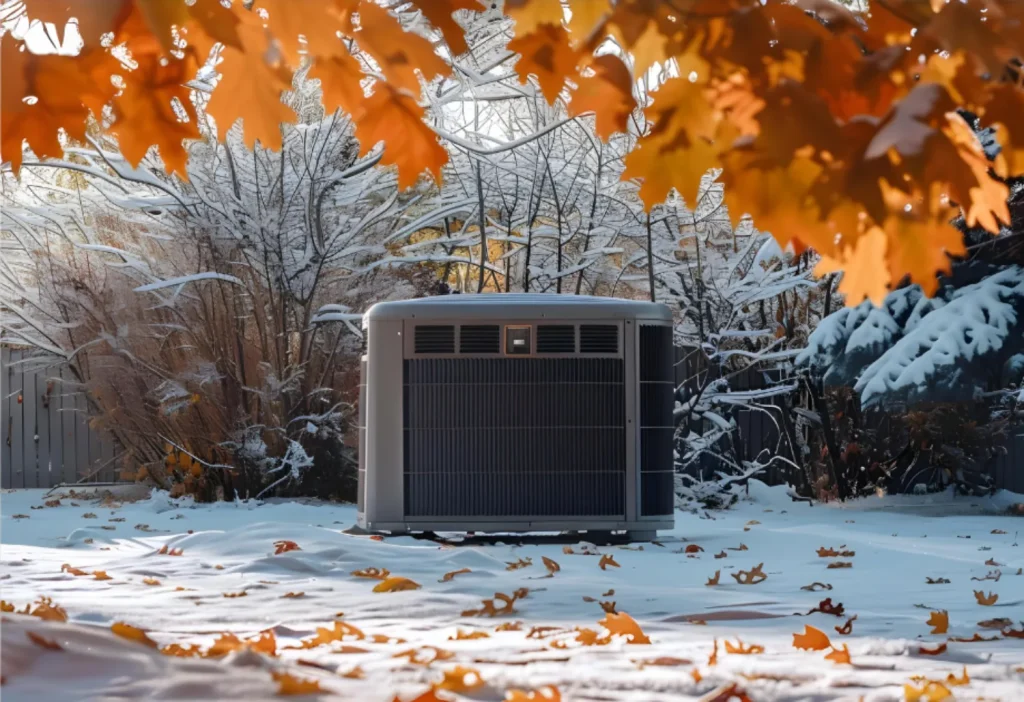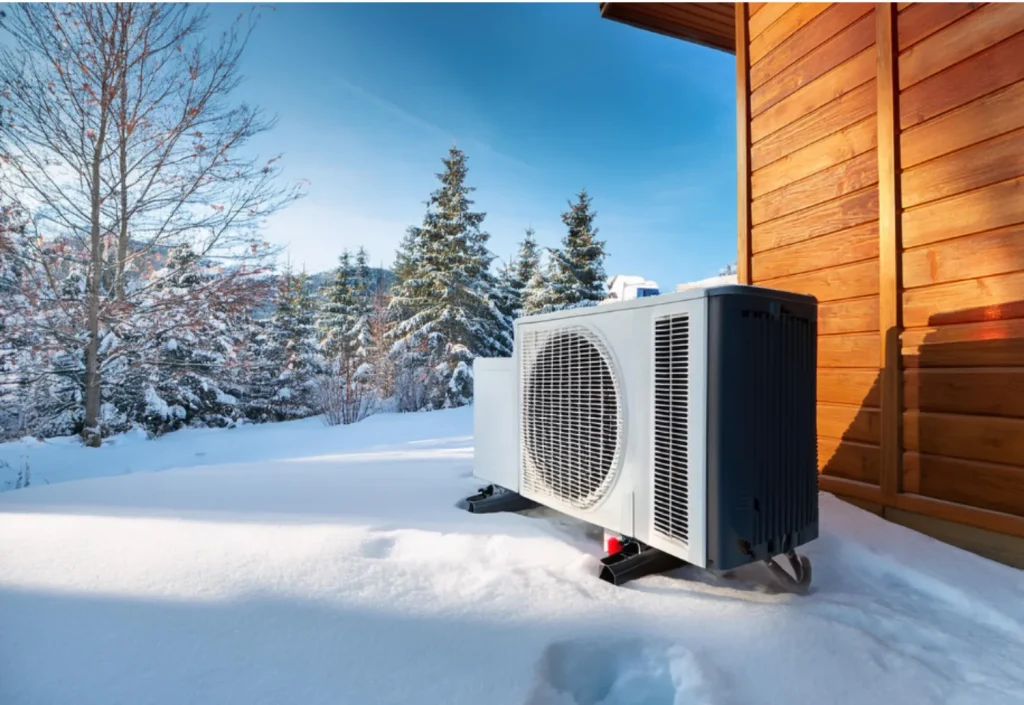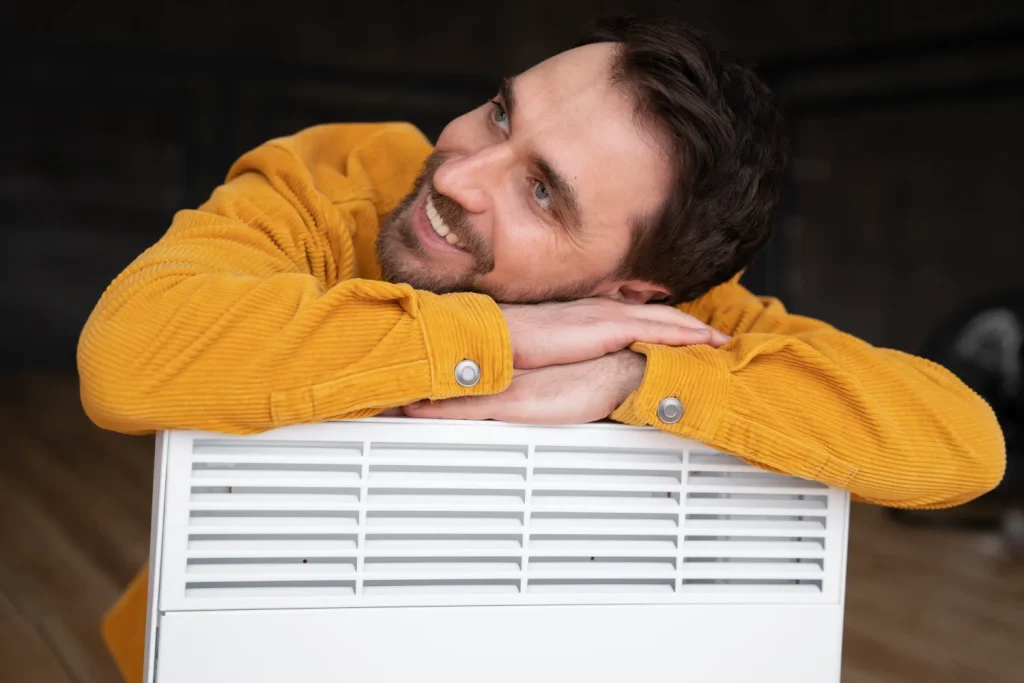As winter approaches, preparing your HVAC system for the colder months is essential. A properly maintained system ensures consistent warmth, prevents unexpected breakdowns, and even lowers energy bills. Whether you’re looking for HVAC service near me or need emergency AC repair, this guide will walk you through everything you need to know about Winter HVAC Preparation to keep your home comfortable and efficient.
Understanding Your HVAC System
Components of an HVAC System
Your HVAC system consists of key components like the furnace, heat pump, air conditioner, and ventilation ducts. Each part works together to maintain your home’s temperature and air quality.

How HVAC Systems Work in Winter
During winter, your furnace or heating system becomes the most important part of your HVAC setup. It works by pulling in cold air, heating it through the heat exchanger, and circulating warm air throughout your home using ducts. Proper Winter HVAC Preparation ensures this process runs smoothly.
Why Preparing Your HVAC System for Winter is Crucial
- Avoiding Breakdowns : no one wants their heating system to fail during a freezing night. Regular maintenance can identify and address small issues before they become costly repairs. If you have an issue, look for emergency AC repair services to resolve it quickly.
- Boosting Energy Efficiency : a well-maintained HVAC system runs efficiently, consuming less energy to keep your home warm. This not only reduces your energy bills but also lowers your carbon footprint.
- Extending the System’s Lifespan: routine maintenance prevents wear and tear, helping your HVAC system last longer and saving you money on replacement costs.

Winter HVAC Preparation Checklist
1. Check and Replace Air Filters
Dirty air filters make your system work harder, reducing efficiency and potentially causing damage. During winter, when your HVAC runs more frequently, check filters every month and replace them if needed.
2. Clean Air Ducts and Vents
Dust and debris can clog air ducts, reducing airflow and efficiency. Clean ducts improve indoor air quality and ensure your system circulates air effectively. If you notice dust buildup or inconsistent airflow, schedule an HVAC service near me to inspect and clean your ducts.
3. Inspect the Thermostat
Ensure your thermostat is working properly by testing it. A malfunctioning thermostat can lead to uneven heating or make your system inefficient. If you need help, consider professional HVAC service near me for calibration or replacement.

4. Seal Ductwork Leaks
Leaky ducts allow warm air to escape, reducing efficiency. Small leaks can be sealed with foil tape or mastic sealant, but for larger issues, contact a professional HVAC technician.
5. Test Heating Components
Before winter hits, turn on your heating system to ensure it’s functioning properly. Listen for unusual noises, check for uneven heating, and ensure the system cycles on and off as expected. If you notice any issues, emergency AC repair services can help resolve them quickly.
6. Clean the Outdoor Unit
If your HVAC system includes an outdoor unit, ensure it’s free of debris like leaves, dirt, or snow. Obstructions can affect airflow and reduce performance.
7. Schedule Professional Maintenance
Even with regular DIY maintenance, having a professional inspect your HVAC system is essential. Search for HVAC service near me and schedule a technician to identify potential problems and perform a thorough tune-up.
Troubleshooting Common Winter HVAC Issues

- Uneven Heating
If some rooms are warmer than others, it may indicate ductwork issues, insulation problems, or a faulty thermostat. - Short Cycling
When your system turns on and off frequently, it could be due to a clogged air filter, oversized unit, or thermostat problems. - Thermostat Malfunctions
Sometimes, recalibrating or replacing the thermostat is necessary to fix temperature inconsistencies.
For urgent issues, rely on emergency AC repair services to get your system back on track quickly.
The Benefits of Proper Winter HVAC Preparation
- Lower Energy Bills
An efficient HVAC system consumes less energy, reducing your utility costs during the winter months. - Increased Comfort
A well-maintained system provides consistent warmth, ensuring your home stays cozy no matter how cold it gets outside. - Better Air Quality
Clean air filters and ducts reduce allergens, dust, and pollutants, improving the overall air quality in your home. Should You Have the Air Ducts in Your Home Cleaned?

Conclusion
Preparing your HVAC system for winter is essential to ensure comfort, efficiency, and peace of mind. By following this Winter HVAC Preparation checklist, you can avoid costly repairs and enjoy a warm, comfortable home all season long.
Whether you need routine maintenance, emergency AC repair, or are searching for HVAC service near me, AZ AC AND HEAT SERVICES is here to help.
- Call us now at: (480) 772-0229 –Follow Us On: Instagram– Email: fahim@azacandheatservices.com
- In Mesa , Tempe, Apache Junction , San Tan Valley , Scottsdale , Gilbert , Chandler , or Queen Creek, we offer top-notch services to meet all your heating and cooling needs.
Contact us today to schedule your HVAC maintenance and stay worry-free this winter!
FAQs:
- Why is Winter HVAC Preparation important?
It ensures your heating system runs efficiently, provides consistent warmth, prevents breakdowns, and lowers energy bills. - How often should I replace HVAC air filters in winter?
Check and replace filters every 1-3 months, especially during heavy winter use, to maintain efficiency and air quality. - What are signs my ductwork needs cleaning or sealing?
Look for increased dust, inconsistent airflow, or odors. Warm air escaping or visible gaps indicate sealing is needed. - When should I schedule professional HVAC maintenance?
Schedule maintenance in the fall to ensure your system is ready for winter. Search for HVAC service near me for reliable technicians.


